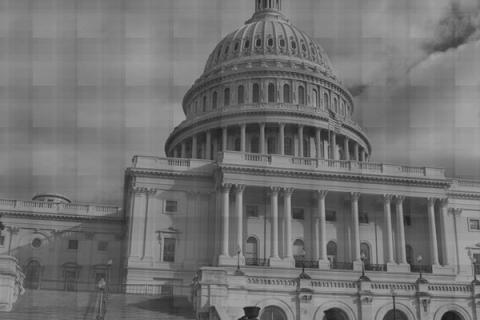If you’re looking for an example of dysfunction in Washington, look no further than the lead story last Friday that JPMorganChase had lost $2 billion in a risky hedge-fund bet. It’s just the type of trade that should have been outlawed after the near-collapse of the banking industry in the wake of 2008’s housing implosion. Much of the fault for creating the housing bubble can be laid at the feet of a greedy mortgage-writing industry, chiefly funded by the banks, and amplified by such artificial investments as collateralized mortgage obligations used to coalesce and obscure the toxic nature of many of those mortgages.
The losses come from transactions so complex that a graphical impression of it in the New York Times still leaves readers shaking their heads as to what actually happened. This lack of transparency was supposedly the target of last year’s Dodd-Frank legislation intended to curtail the excesses of the financial industry. Of course, the act was seriously watered down in order to get anywhere in a gridlocked Congress.
Part of this new legislative act is the so-called Volcker rule (named for former head of the Federal Reserve Bank Paul Volcker) that limits risk taking by banks.
In point of fact, JPMorganChase worked diligently to loosen the Volcker Rule and other new federal regulations so they could hedge their bets with other risky and opposing bets in the open market. But, as the Times pointed out on Saturday, the financial industry caught on to Morgan’s strategy and took a further, winning bet against the big bank. Yes, some financial institutions took a gain where JPMorgan took its loss.
It’s easy to forget that a chunk of JPMorganChase, one of the nation’s largest banks, is the commercial bank known as Chase Manhattan, which stewards billions of dollars in deposits for average Americans. The losses came on the investment bank side of the organization, theoretically de-linked from commercial banking operations. But the point of the Volcker Rule is to limit risk-taking even on the investment side of the banking industry.
According to the Times:
“Several visits over months by the bank’s well-connected chief executive, Jamie Dimon, and his top aides were aimed at persuading regulators to create a loophole in the law, known as the Volcker Rule. The rule was designed by Congress to limit the very kind of proprietary trading that JPMorgan was seeking. Even after the official draft of the Volcker Rule regulations was released last October, JPMorgan and other banks continued their full-court press to avoid limits.”
It is one of these loopholes that allowed JPMorganChase to make the risky trades that resulted in the big losses announced late last week.
Beyond the weakened Dodd-Frank law is the inability of Congress to place blame for the near collapse of the American banking system, which some think has criminal implications; and legislators’ unwillingness to break up the “too big to fail” banks into smaller, more manageable institutions.
Co-author of the law Barney Frank, noting a recent estimate by JPMorganChase that it would cost $400 to $600 million to implement Dodd-Frank, said the bank, “entirely without any help from the government, has lost, in this one set of transactions, five times the amount they claim financial regulation is costing them.”
Will there be lessons learned by Congress in the JPMorganChase losses, or will we continue with business as usual in the nation’s capital? The latter seems more likely in this gridlocked political season.

